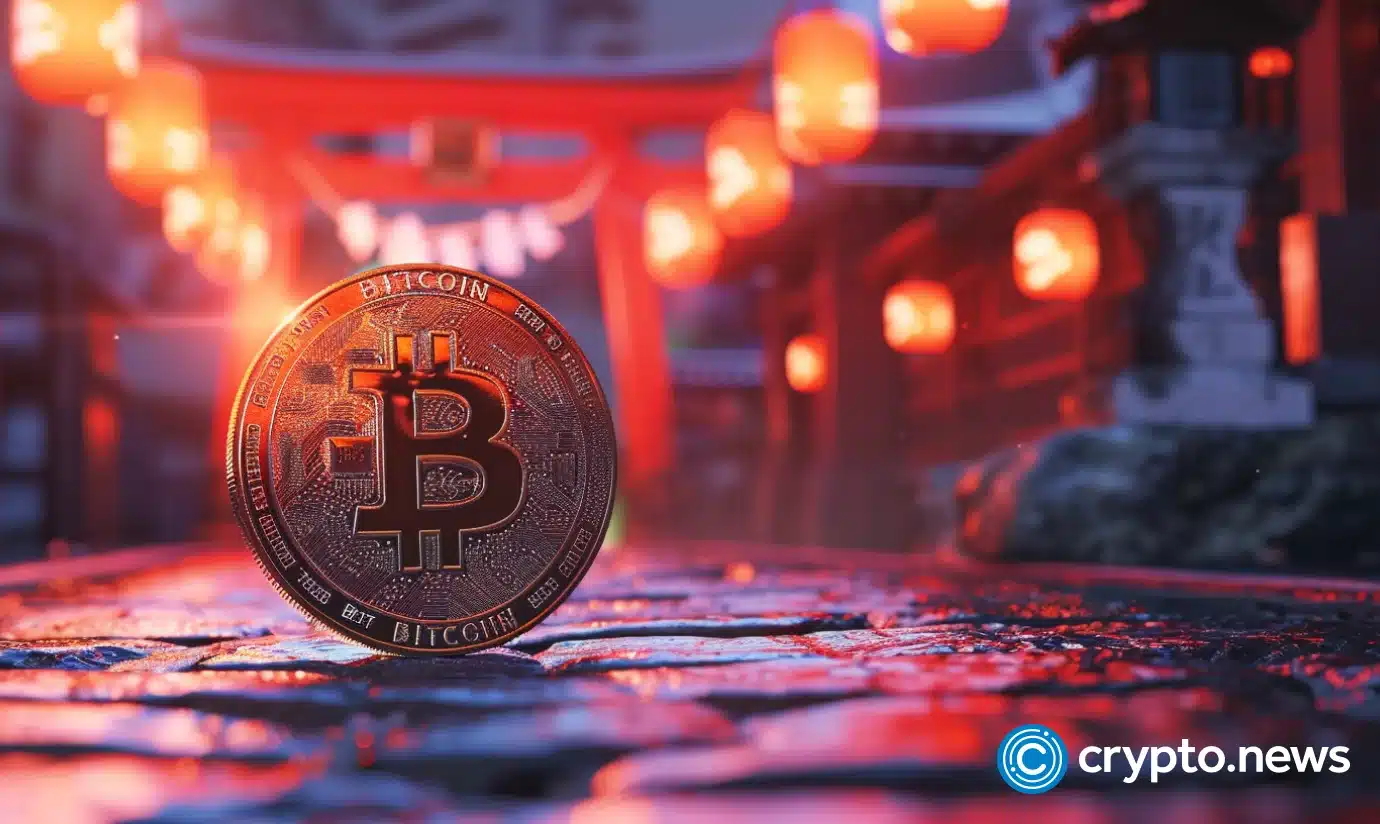
Japan’s top financial regulator proposes protecting users from “unlawful transfers” to cryptocurrency exchanges.
The Financial Services Agency (FSA) points out that the number of fraudulent transactions in the country remains high, and most involve crypto assets. The FSA offers several measures to protect users from illegal transfers. In particular, these measures are expected to complicate the peer-to-peer (P2P) transaction market seriously.
As such, the FSA and the National Policing Agency (NPA) are calling on banks to “further strengthen the protection of their users.” The FSA and NPA are pursuing several key initiatives to achieve this goal. One of them reveals little, instructing banks to increase monitoring of illicit transfers to cryptoasset exchange service providers.
The Japanese version of the document uses the verb to reject, explaining that the suspension of such transfers should apply to individual and corporate accounts.
As users of P2P platforms know, the mechanics of such transactions require that the sender and recipient names on the fiat and crypto ends of the transaction are always different. Therefore, if Japanese banks reject transactions from one person’s bank account to another’s crypto wallet, this could seriously jeopardize the P2P market.
Japan stands out as a jurisdiction known for its careful approach to digital asset supervision, ensuring strict compliance with the evolving regulatory framework. One of the latest initiatives was the tax reform for 2024. As of April 1, 2024, Japanese companies will no longer be required to pay taxes on “unrealized gains” from holding cryptocurrencies.
Before this, in June 2023, local authorities exempted token issuers from paying a 30% tax on unrealized profits from coins issued and held.
This article first appeared at crypto.news
